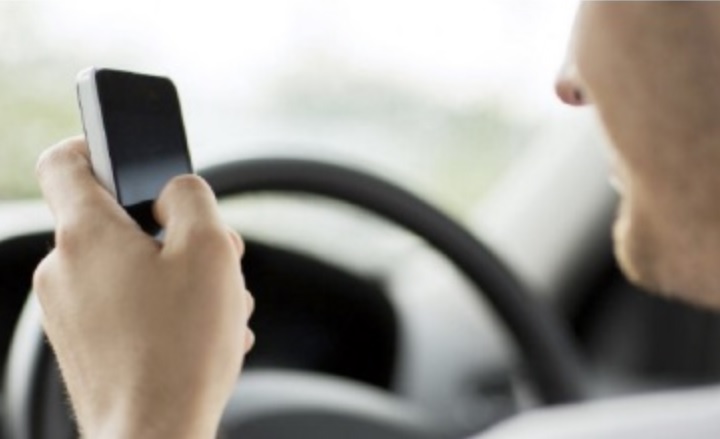
The Government should consider tougher restrictions on driving while using a mobile phone, as well as stricter enforcement of the law, a group of MPs say.
In a new report published by the Transport Committee today (13 August), MPs are calling for an overhaul of mobile phone laws to cover all use of hand-held devices.
Current legislation, introduced in 2003, says an offence is committed if a driver uses a handheld mobile phone for ‘interactive communication’ behind the wheel.
The Transport Committe report, ‘Road Safety: driving while using a mobile phone’, also points to evidence showing the use of a hands-free device creates the same crash risk.
It recommends the Government explores options for extending the ban on hand-held devices to hands-free phones.
Tougher enforcement needed
The report says enforcing the law is essential to ensure that motorists do not illegally use their mobile phone while driving and calls on the Government to work with police to boost efforts and make better use of technology.
It says existing penalties for the offence, set in 2017, should be reviewed and potentially increased so that it is clear there are serious consequences to being caught.
Lilian Greenwood MP, chair of the Transport Committee, said: “Despite the real risk of catastrophic consequences for themselves, their passengers and other road users, far too many drivers continue to break the law by using hand-held mobile phones.
“If mobile phone use while driving is to become as socially unacceptable as drink driving much more effort needs to go into educating drivers about the risks and consequences of using a phone behind the wheel.
“Offenders also need to know there is a credible risk of being caught, and that there are serious consequences for being caught.
“There is also a misleading impression that hands-free use is safe. The reality is that any use of a phone distracts from a driver’s ability to pay full attention and the Government should consider extending the ban to reflect this.
“Each death and serious injury which results from a driver using a mobile phone is a tragedy that is entirely avoidable. We need tougher restrictions, better enforcement and more education to make our roads safer for all.”
In built-up areas where vehicles are in slow-moving queues, it should not be difficult for one officer on foot to discretely observe a driver using their ‘phone…a captive audience if you like. It works for non-seat belt use offences as well.
Hugh Jones, Cheshire
0
When we get the promised 20,000 new police officers and get them trained! (what the police have let their trainers go!) Then we might have a possible chance that offenders could be caught. All this assuming the use of phones is further up the police priority list than seems to be at the present time. The credible risk of being caught is quite low.
Peter Wilson, Chichester
+7
> “Offenders also need to know there is a credible risk of being caught, and that there are serious consequences for being caught.
Is there?
Anyhow, I believe that any prohibition on hands-free telephony is completely unenforceable. I can think of at least seven ways that I could potentially work around it, and still make a phone call.
Please don’t begin to run before one’s mastered basic footsteps, it leads to an absolute mess.
David Weston, Newcastle-upon-Tyne
+7